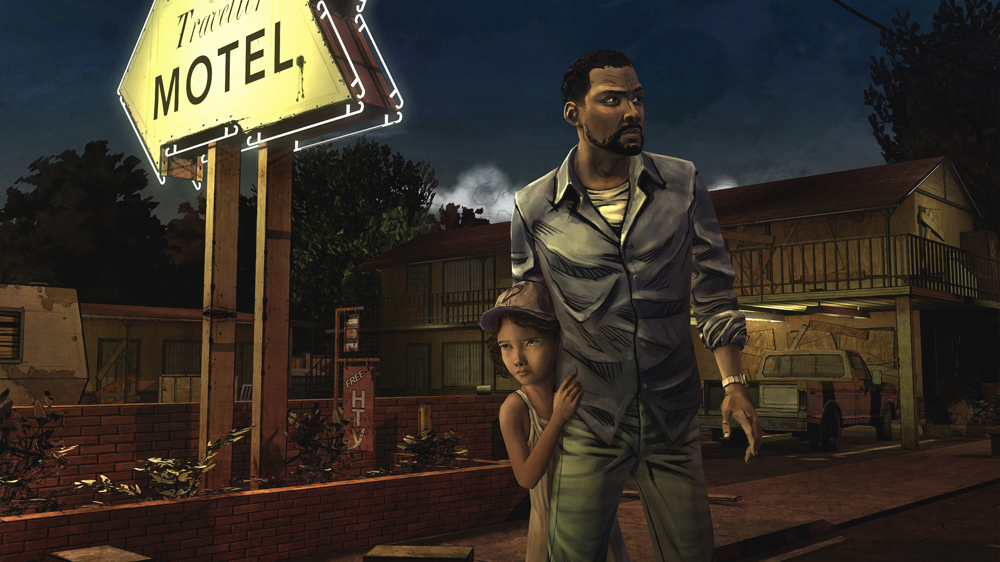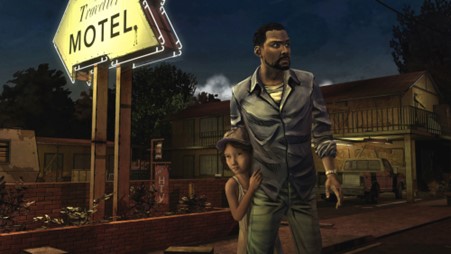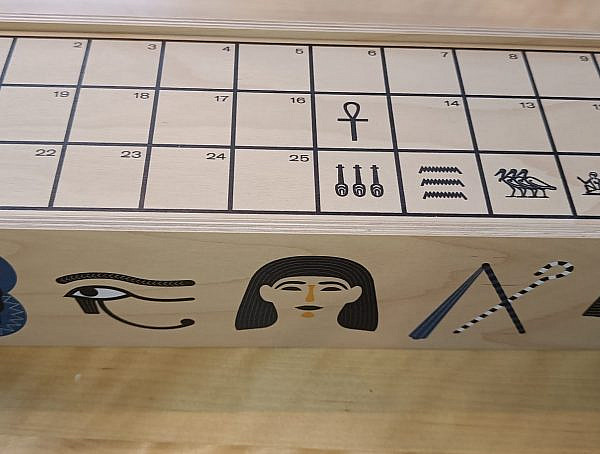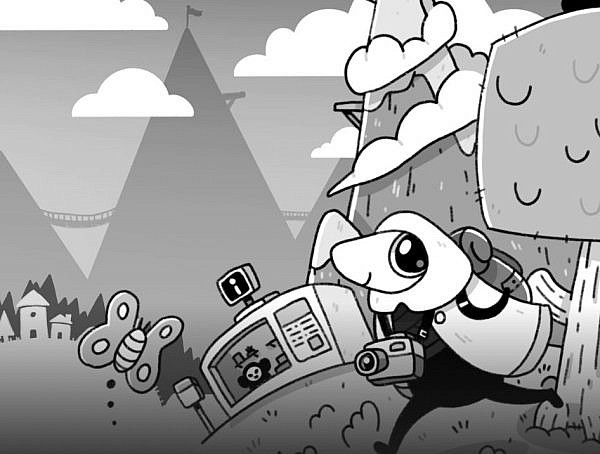Paragon or Renegade? When designing a game with complex moral themes, shades of grey trump black and white
Video games as a medium, and arguably, as an artform, are unique in that they place the viewer, or in their case the player, as an active agent capable of making their own moral decisions that could have an impact on the game world. In an article written by Malcolm Ryan, Dan Staines and Paul Formosa, the authors turn to moral psychology and draw on the Four Component Model of James Rest and colleagues. According to it, moral expertise consists of four core abilities: focus, sensitivity, judgment and action. Ryan and colleagues then proceed to evaluate these four core abilities and their use in digital games today.
Having high moral focus means possessing a strong moral self and having the ability to prioritize moral concerns above others. A way to give the player this kind of high moral focus is to have players role-play identities with strong moral commitments, and be made aware of them. The design challenge here is to make morality matter to the player in its own right, instead of rewarding the player for specific moral actions with experience points, for example.
Moral sensitivity, in turn, means the ability to recognize and interpret moral situations. Many games, though featuring moral decision-making, do this in a too explicit way, only manifesting through cut-scenes, for example, where they are clearly sign-posted to the player. This hampers the player’s development of moral sensitivity skills, as they begin to treat gameplay outside of cutscenes as free of morality. In dialog, they are sign-posted when a “good” or a “bad” moral decision can be made. A more subtle approach to moral decision-making would be a vast improvement to the game, spreading moral choices throughout gameplay and giving the player bigger responsibility to notice them him- or herself.
Moral judgement encompasses one’s ability to reason about morality. The challenge in games is to provide genuinely challenging moral dilemmas. The easiest way to create a moral dilemma is to have two choices: one of which is clearly morally wrong, but offers the player a reward, an advantage etc. The other being morally right, but doesn’t benefit the player in any way. Instead of this, multiple alternatives should be presented, and each being morally right from a certain perspective. Ethical decisions also should not be isolated, instead their consequences should be made visible to the player throughout the game.
Moral action, simply put, means having the moral decision made by the player put into action. This can be used as an effective tool to test the player’s moral resolve. If a task they are set to do after making a moral decision proves challenging, time-consuming or unpleasant, the player might start to question the choices they make.

The relationship between the player character Lee and the girl Clementine places the player in a position of moral responsibility. The Walking Dead, Telltale Games. Taken from Steam http://cdn.edgecast.steamstatic.com/steam/apps/207610/ss_044086628ad6b406be3f75d9bbb9656512d5ff18.1920×1080.jpg?t=1456281215
Ryan, Staines and Formosa then moved on to utilize the Four Component Model of moral psychology to evaluate The Walking Dead by Telltale Games, which takes place after a zombie outbreak in a near-future USA. In The Walking Dead, the moral focus of the player is engaged by the emphasis on the story of the game. The decisions made in the game are mostly left to the player to evaluate, based on their personal morality, whether they were “right” or “wrong”. The game designers make it clear that moral decisions matter most in the game by having the choices the player makes affect the relationships with other characters in the game, some of who will criticize the player’s choices in ethical terms.
The majority of moral decisions are presented in a dialogue tree, but the player is also given opportunities to simply talk to other characters and get to know them – building moral sensitivity by caring about others and understanding how they will be affected by the player’s decisions. The game has many true dilemmas with more than one arguably ‘good’ action, often pitting morality against survival, demanding moral judgement from the player. Maintaining a consistent moral stance is a matter of perseverance and courage; a player cannot simply make a choice and walk away, testing the moral action of the player.
After evaluating The Walking Dead as well as Papers, Please by Lucas Pope, the authors arrive to the conclusion that designing a morally engaging game goes beyond multiple-choice outcomes. It is important to make the player become invested into making a moral stand. Additionally, there should be some subtlety and complexity in the moral choices that the player has to make while playing, not making it too obvious when a moral choice has to be made, and not offering alternatives that are obviously “right” and “wrong”. Furthermore, the player should be provided means to increase their moral skills over time.
Key Information:
Original article: Four Lenses for Designing Morally Engaging Games
Authors: Malcolm Ryan, Dan Staines and Paul Formosa
Published: Dundee, Scotland: Digital Games Research Association and Society for the Advancement of the Science of Digital Games, August, 2016
Original article accessible from: http://www.digra.org/digital-library/publications/four-lenses-for-designing-morally-engaging-games/
You might also like
More from Game Research Highlights
How do you want to do this? – A look into the therapeutic uses of role-playing games
Can playing RPGs contribute positively to your wellbeing? A recent study aims to find out how RPGs are being used …
Eldritch horrors and tentacles – Defining what “Lovecraftian” is in games
H.P. Lovecrafts legacy lives today in the shared world of Cthulhu Mythos and its iconic monsters. Prema Arasu defines the …
Are Souls Games the Contemporary Myths?
Dom Ford’s Approaching FromSoftware’s Souls Games as Myth reveals the Souls series as a modern mythology where gods fall, desires …















